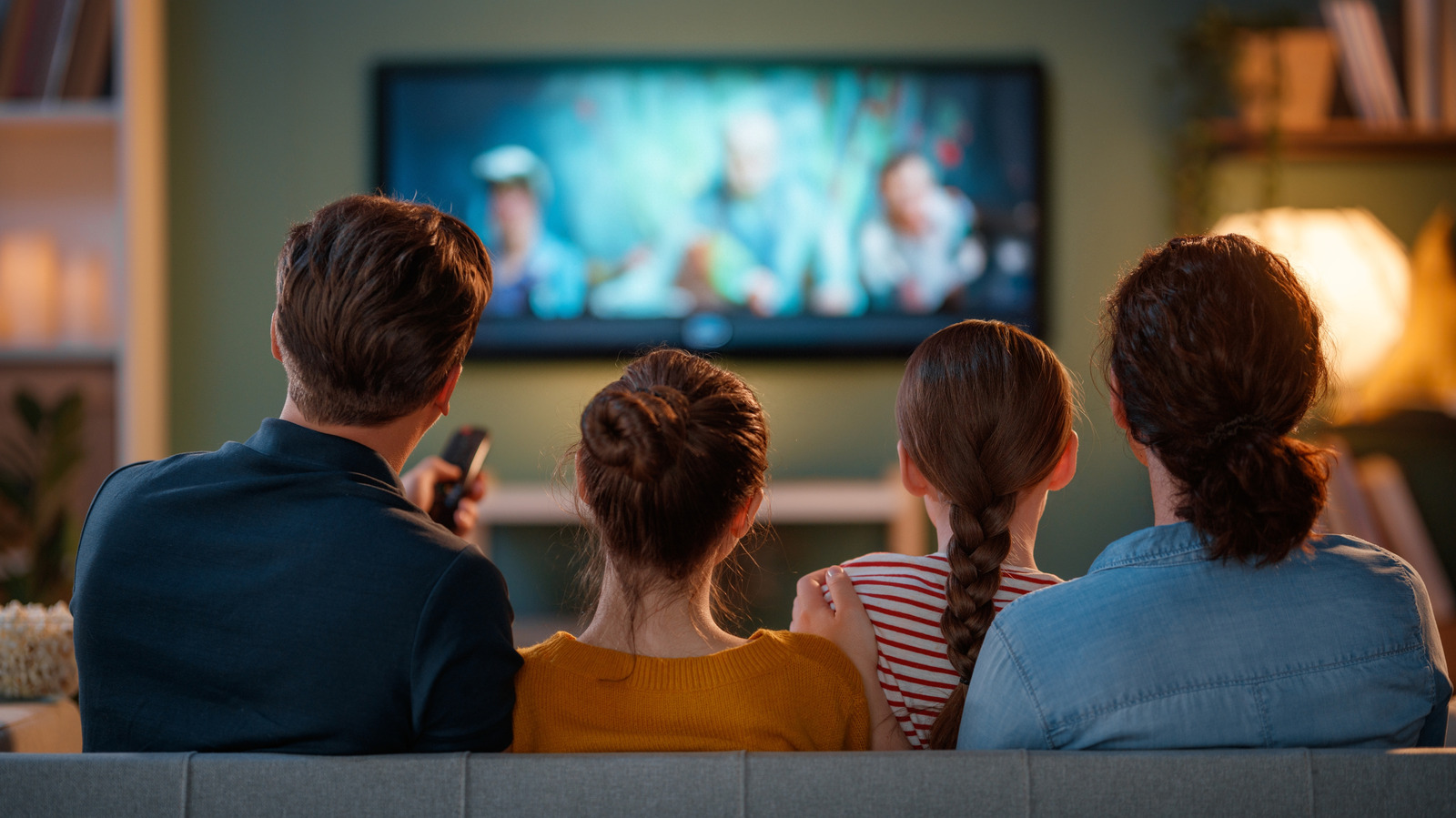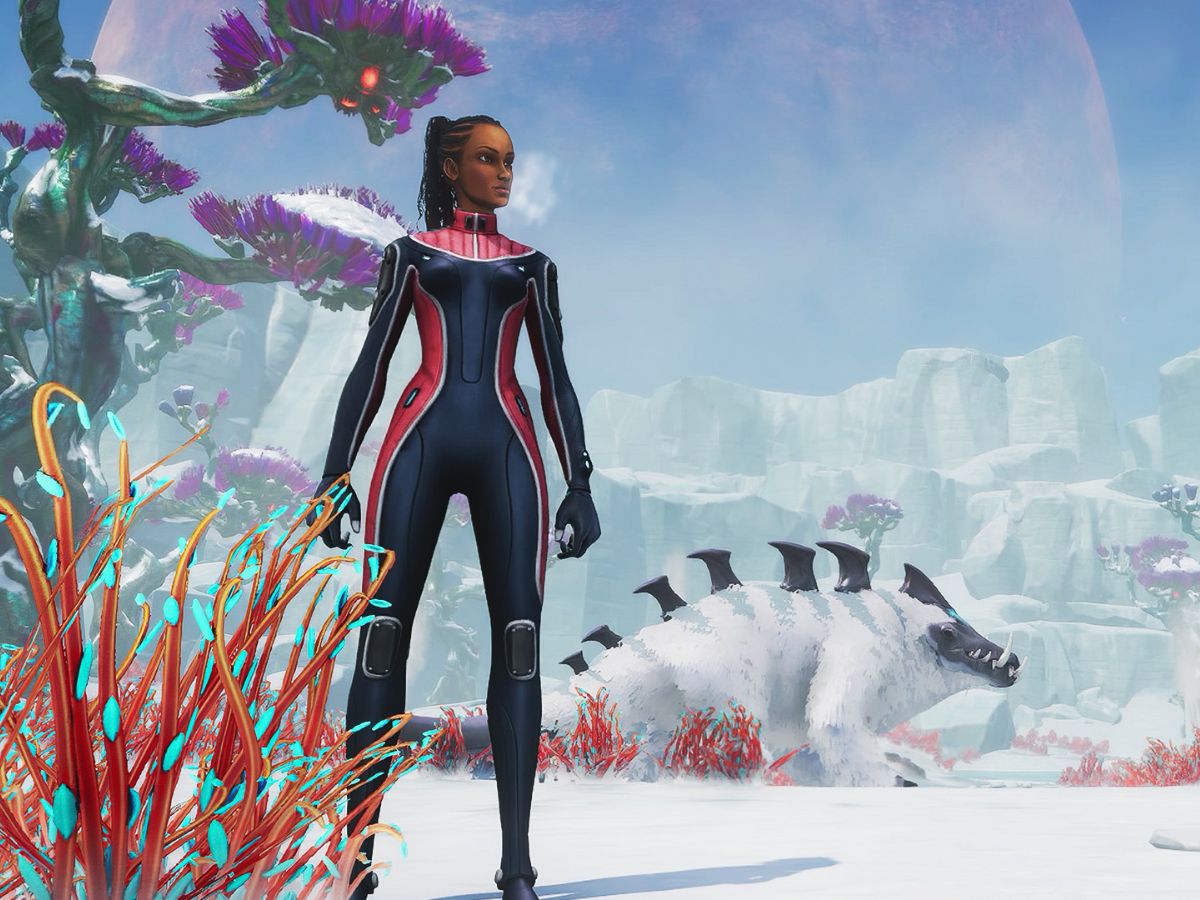An abandoned hospital, bloodthirsty creatures and a comatose sheriff, this is how it began The Walking Dead in 2010 on AMC. Under the leadership of Frank Darabont and comic book author Robert Kirman, the series arrived on the small screen with the firm intention of revolutionizing a genre that has fascinated Hollywood for decades. After Night of the Living Dead by George Romero, ghouls and other brain eaters were used as allegories of consumerism, of a society more attached to material possession than to knowledge. In Robert Kirkman, they are nothing other than tireless walkers who push the human heroes to their limits.
Society on a human scale
From the first moments, The Walking Dead captivates by its atmosphere as much as its words. While the zombie figure sometimes lends itself to smiling (Shawn of the Dead or Welcome to Zombieland), the American production walkers are above all an opportunity to question human relationships. Every week, it’s less about telling the story of the search for a vaccine to the virus that transforms humans into bloodthirsty beasts that to scrutinize America in the early 2000s. Under the leadership of the screenwriter and director of The Green Lineeach episode questions what humanity would do if it had to start from the beginning.
Each of the core characters — from Rick to Shane to Daryl to Carol — seems to represent a slice of the American population. They are forced to live togetherto betray each other or to help each other in this complete anarchy. Indeed, no government anymore governs life on Earth and humans return to the wild. As prehistoric men roamed the earth in search of food, forming larger and larger communities, Rick and his gang cross a desolate America with their sole survival as their objective.
It is this approach that allows the series to stand out from the many postapocalyptic productions that have emerged before it, most often when a totalitarian state is in action. The Walking Dead is rather illustrated by its close story du road-movie and with the notion of “find your place” at the epicenter. But as the group grows, new characters and threats appear, this approach finds itself in the background of a conflict between the good guys (Rick and his clan) and the enemies who cross their path.
What was only the illustration of a society is gradually turning into a realization of this idea. The allegory leaves room for the formation of a truly new society. In the prison, in Alexandria or even when Negan and his vengeful dictatorship arrive, there is no longer really a question of showing subtlety. The writing loses relevance to focus on the big show and the birth of the famous “cliffhangers”.
Some mechanics also seem rusty, spectators anticipate the deaths of the characters depending on the time each episode devotes to them. Some are protected by their importance in the plot, others are sent to the doom without having had the opportunity to show what they have under their belt. Others surprisingly return to the forefront a few episodes before giving up the ghost. The threads that once served to sew together a vast and rarely effective plot give way under the weight of an ever denser mythology.
And that’s the tragedy…
The departure of Frank Darabontwith loss and crash, could have marked the end of the series in its second season. AMC has nevertheless found replacements, it is Glen Mazzara who will be responsible for concluding season 2. Then, Angela Kang and Scott M. Gimple will strive to tell how the cop played by Andrew Lincoln navigates between the threat of more and more numerous walkers and more and more ruthless humans. Gimple will quickly be named head of the license, which will soon have babies.

In 2015, Fear The Walking Dead is born and hears about the appearance of the first zombies. The spin-off will be the first in a long series aimed at expanding the mythology. If this attempt does not seem hasty, it certainly has doubt contributed to creating a certain weariness among the followers. Each year, the meetings with the stamp become more numerous and the public gradually abandons ship.
Proof, if any were needed, of this growing disinterest in the license, the final episode of The Walking Dead will only bring together 2.27 million viewers Americans when it airs in 2022. It has been almost two years since the series had achieved such audiences, although far from those at its launch. The first season had a record 5.24 million viewers, with half of the fans leaving.
Do a lot with a little
Another point which could explain the desertion of certain followers, The Walking Dead seems to have lowered its ambitions over the years. While the first season delivered major sequences – Rick evolving in a deserted Atlanta or the exploration of a gigantic prison which serves as the headquarters of his group – the environment seemed reduced to nothing as the episodes progressed. Our heroes, who must always move forward to escape the walkers, suddenly became more sedentary, contenting themselves with infested forests as the scene of action.
This lighter envelope is also felt in the visual effects side, we no longer worry about the plausibility of the scenes. Symbol of this “I-don’t-care” which begins to take hold from season 7, a doe embedded in episode 12 will be the subject of numerous taunts on social networks. From then on, the crucial meeting of pop culture becomes a B seriesnot honoring its reputation and the work from which it is inspired. If some are happy to ignore these details, we must admit that not everyone appreciated these small savings.

The saga that doesn’t want to die
Three years after the finale of The Walking Deadthe series does not yet seem resolved to pass the weapon to the left. AMC, which no longer has many other emblematic licenses to exploit, is increasing its derivative productions. This Monday, spectators have an appointment with Daryl Dixon season 3. A spin-off that drags on and even changes scenery to reinvent itself. After two seasons in France, the characters of Norman Reedus and Melissa Mcbride go to Spain. Zombies in western mode, TWD is reduced to playing with variations… Because the universe has nothing more to deliver, it is content to tirelessly chew on the same ideas and themes.

Daryl, although the most interesting character in our opinion (who is not so humble) appears to be only a shadow of himself. Carol is also reduced to replaying the trauma of her daughter’s death while a new group tried to impose its totalitarianism in a France also in the grip of the epidemic. A soft sequel to the bulb that Reedus’ aura fails to save and which, barring a miracle, should not revive our interest in the stamp. Gone are the days when each episode was eagerly awaited by viewers, and also gone are the days when everyone watched The Walking Dead at the coffee machine. Today, the rare followers will have to be content with a “Ah, I stopped at the season…”
Subscribe to WorldOfSoftware
🟣 To not miss any news on the WorldOfSoftware, subscribe on Google News and on our WhatsApp. And if you love us, .










